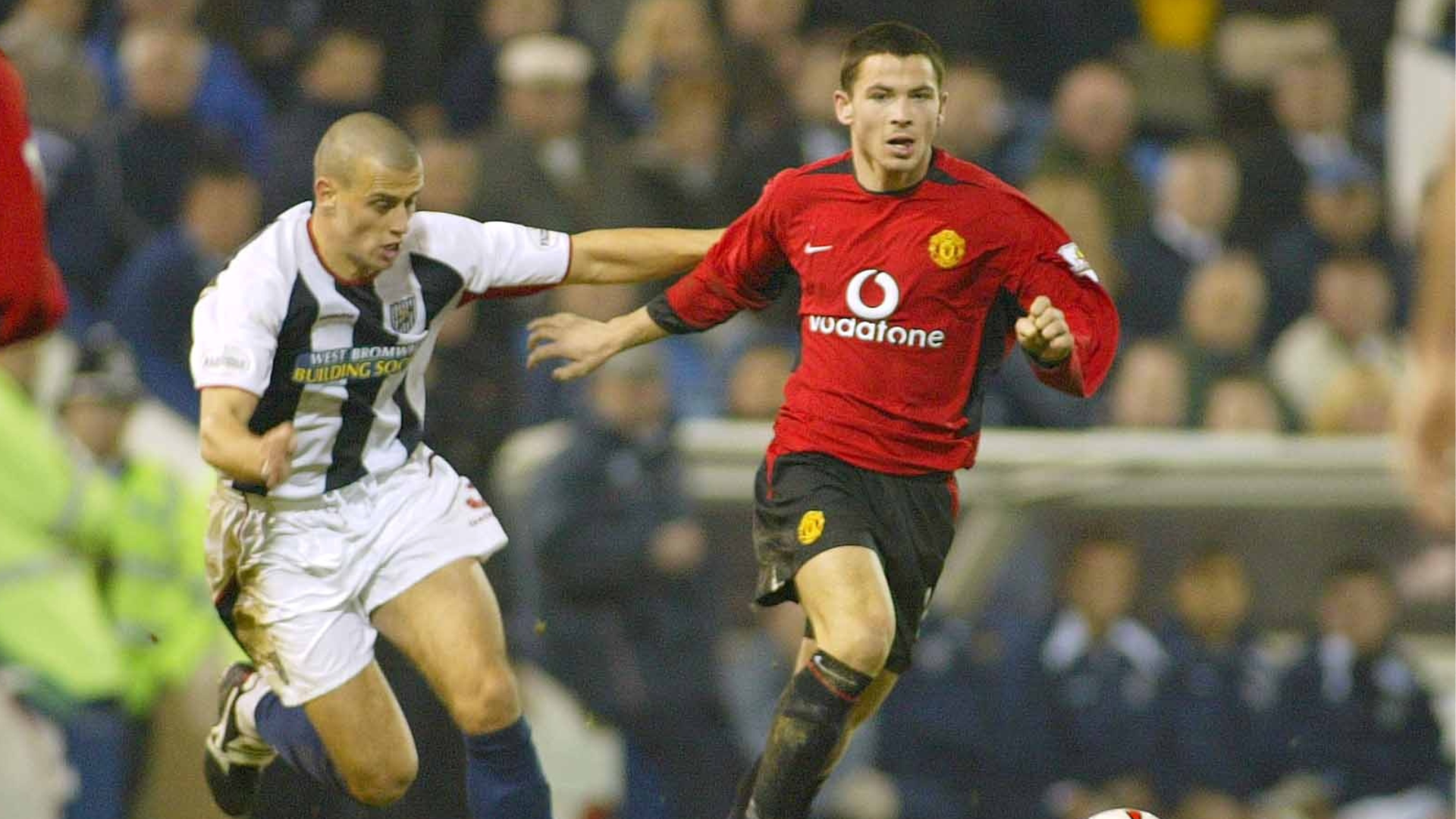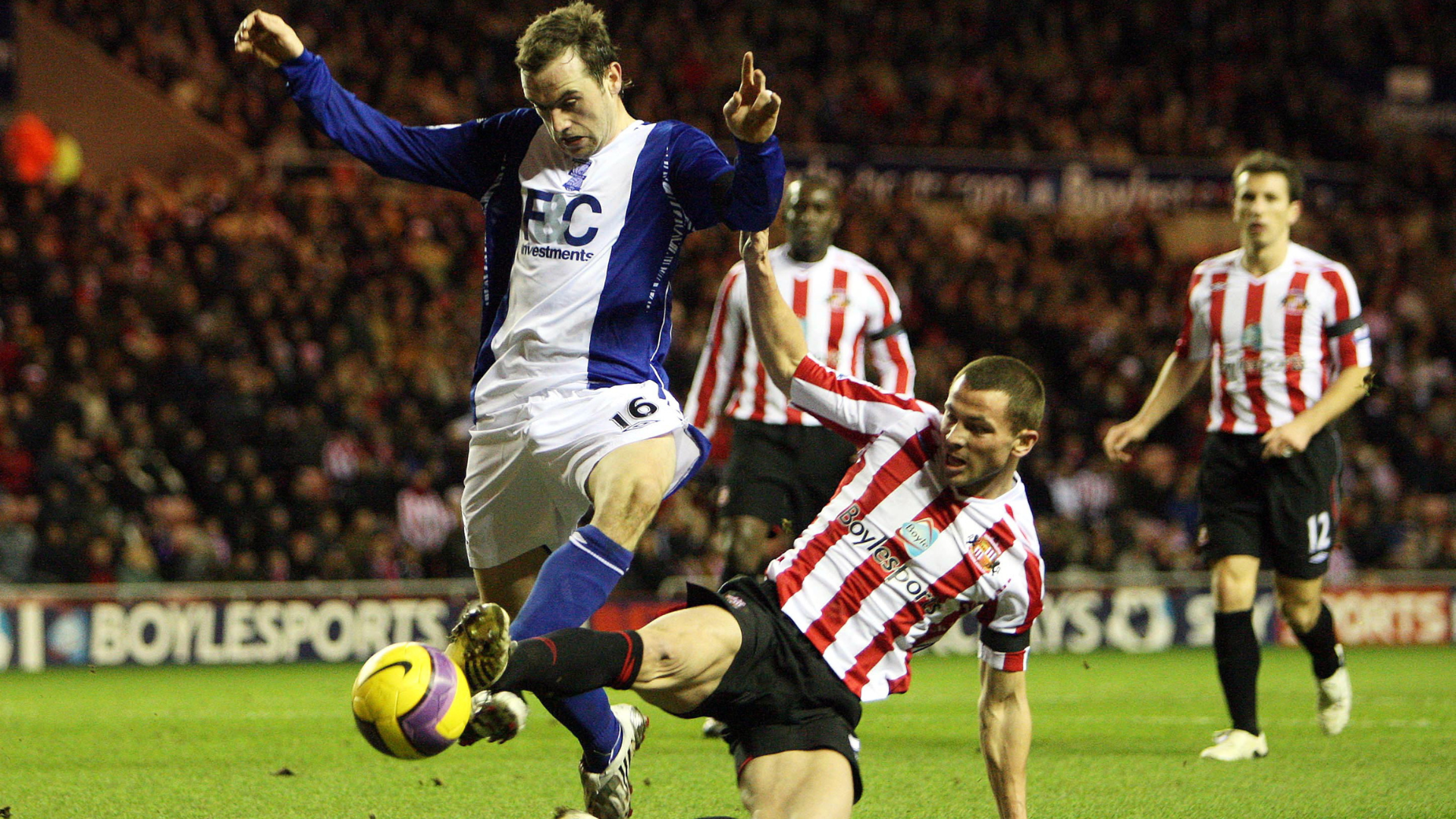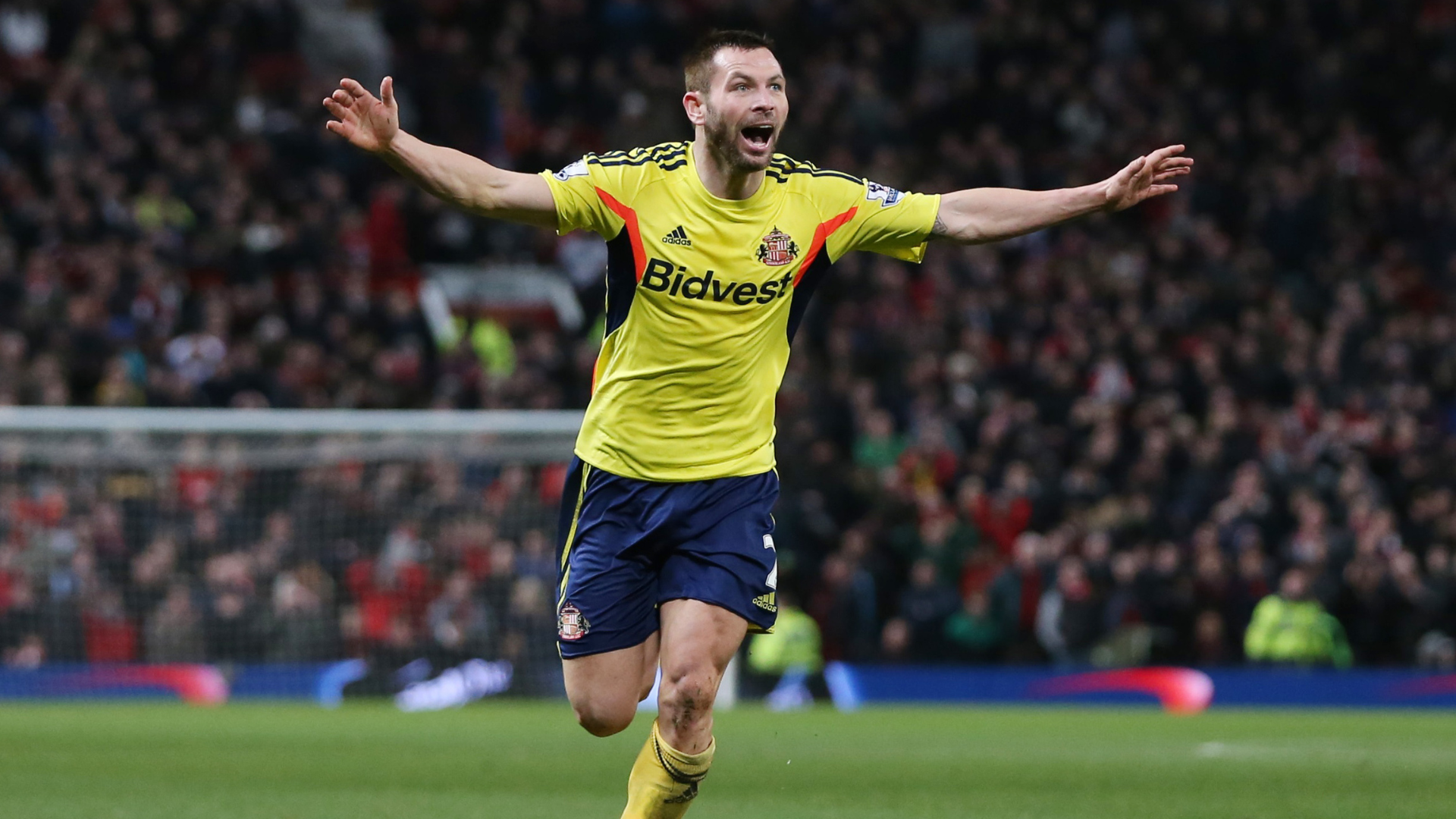Fans of Sunderland were renownedly referred to as the Roker Roar because of their fervour, devotion, and commitment to one of the most popular teams in English football.
As they want their stars to exhibit the same tenacity and dedication that are associated with the club, the fans love it when players can match their enthusiasm.
Although it’s difficult to find players like that, Phil Bardsley was a man who embodied the club’s values and whose roar was a welcome addition to Wearside.
Phil Bardsley’s opportunities were few and far between at Manchester United
During Manchester United’s heyday, Bardsley rose to prominence. The Red Devils maintained a long-lasting dominance over English football under Sir Alex Ferguson’s leadership, winning every trophy available.
Due to United’s success, guys like Bardsley had few opportunities because players like John O’Shea and Gary Neville were further up the hierarchy than the right-back.
Although the defender made 18 appearances for the team over five years and was sent out on loan multiple times, Bardsley really needed a new beginning to launch his career.
Bardsley’s desire was evident from day one at Sunderland
The right-back was given that chance in January 2008 and agreed to a £2 million contract with Sunderland. The guy in charge, Roy Keane, approved the transfer by using his connections with his old team.
Bardsley quickly established himself in Keane’s squad and participated in every minute of every match he started, assisting the team in reaching their goal of staying in the league.
It was soon clear that the right-back was a player who would sacrifice himself for the team. The Sunderland fans could only hope that he would play as if his life depended on it.
A team like Sunderland was always fighting relegation, and in those kinds of fights, you need guys who are prepared to risk their lives.
Bardsley was a consistent member of the Black Cats’ lineup during his six-year stay in the North East, and his mentality remained unwavering even when the management made changes.
Bardsley’s 2013/14 League Cup contributions will last long in the memory.
During the 2013–14 season, when Gus Poyet led the Wearsiders to the League Cup final, the right-back had one of his most memorable moments.
The defender was thrown into the starting lineup for the team’s round of 16 encounter against Southampton after he fully recovered from a fractured foot. Bardsley put the Wearsiders ahead, and the Black Cats won by a score of 2-1.
Football is a narrative sport, and Bardsley was supposed to play a key role in an unwritten script when Sunderland and Manchester United were drawn in the two-leg semifinal.
David de Gea fumbled Bardsley’s long-range attempt into his own net as the game entered the last minute of extra time in the second leg. Then, as Bardsley’s signature yell set off the Roker yell in the away end, there was a flood of emotion.
The Black Cats won one of the worst penalty shootouts ever witnessed to advance Sunderland to an unexpected cup final at Wembley Stadium, even though United was able to even the score.
Although Bardsley was never given a fair chance at Old Trafford, it was evident how much the outcome meant to him, and the Wearside supporters always valued his efforts.
Even though that was his final season in the North East, it finished poetically as the team qualified for the Premier League and the defender made his 200th appearance on the last day of the season.
| Phil Bardsley’s Sunderland statistics by season (all competitions) – per Transfermarkt | |||
| Season | Appearances | Goals | Assists |
| 2007/08 | 11 | 0 | 0 |
| 2008/09 | 33 | 1 | 0 |
| 2009/10 | 28 | 0 | 1 |
| 2010/11 | 37 | 3 | 2 |
| 2011/12 | 37 | 2 | 0 |
| 2012/13 | 22 | 1 | 0 |
| 2013/14 | 33 | 4 | 0 |
Despite being seen as an old-school defender, Bardsley is the kind of player that fans enjoy watching at their football teams. The right-back embraced the team’s ideology and let fans know he was on board right away.
Fans will always remember the right-back with affection for his contagious roar that carried Sunderland to Wembley, even though he may not have been the best player to grace the Stadium of Light.




Leave a Reply